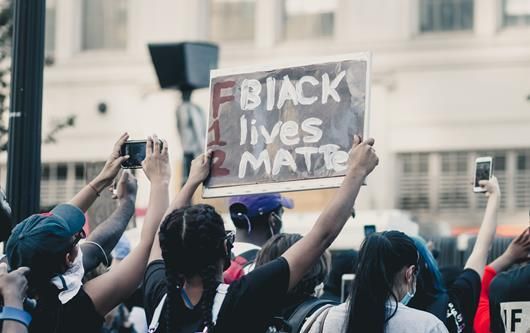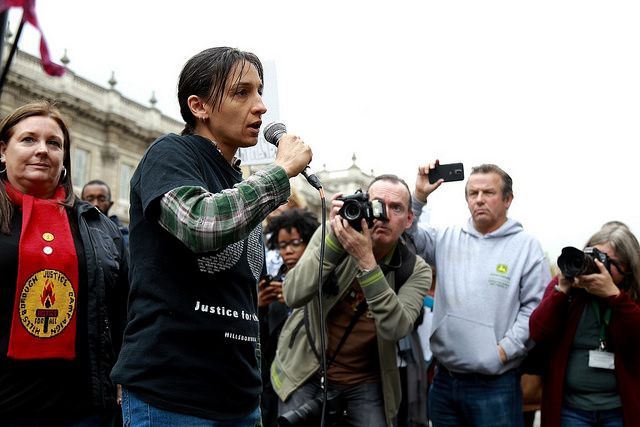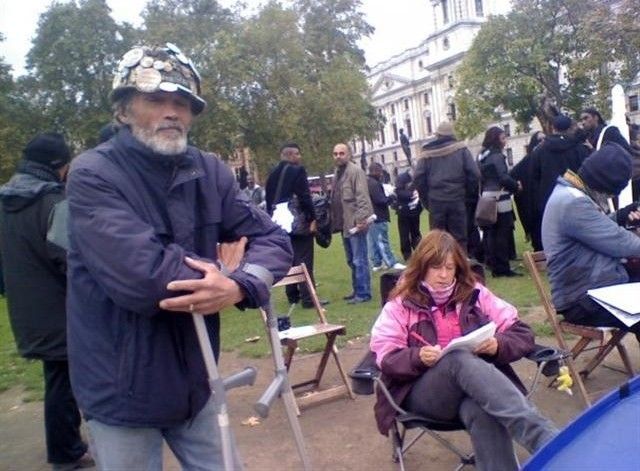Get in touch
+44 1632 96099
mymail@mailservice.com
The US supreme court’s shift towards capital punishment
source: The Guardian
first published: 12 January 2023
Image Credit: Donald Tong at www.Pexels.com
On Monday, the US supreme court issued an order in the pending execution of Robert Fratta, a former police officer from Houston who was sentenced to death for the 1994 murder-for-hire of his estranged wife.
Lawyers for the condemned man had petitioned the court in a last-ditch effort to save his life. They argued that critical evidence at his trial given by a key witness had been tainted, as she had been encouraged under hypnosis to change her testimony.
The supreme court’s order was brief and blunt, eviscerating in 23 words any hope of a reprieve: “The application for stay of execution of sentence of death presented to Justice Alito and by him referred to the court is denied.”
No explanation. No ambiguity. No way back.
On Tuesday, Fratta, 65, who had long claimed he was innocent, was injected with lethal drugs in Huntsville, Texas, and pronounced dead at 7.49pm.
The supreme court’s refusal to engage with Fratta’s last petition was more than a one-off. Since the court moved sharply to the right with Donald Trump’s appointment of three new justices, its default position has been to allow executions to proceed even in cases where serious constitutional issues are at stake.
Privacy Statements | Website powered by : Duda Website Builder | Website Developed and Managed by : First Stop Design
Postal Address
Administrative Office:
4WardEverUK
c/o 32A East Meadway
Tile Cross
Birmingham, B33 0AP
Email Us
enquiries@4wardever.org.uk
Voicemail Service
+44 0121 517 1323
Search Website
Subscribe to e-News















